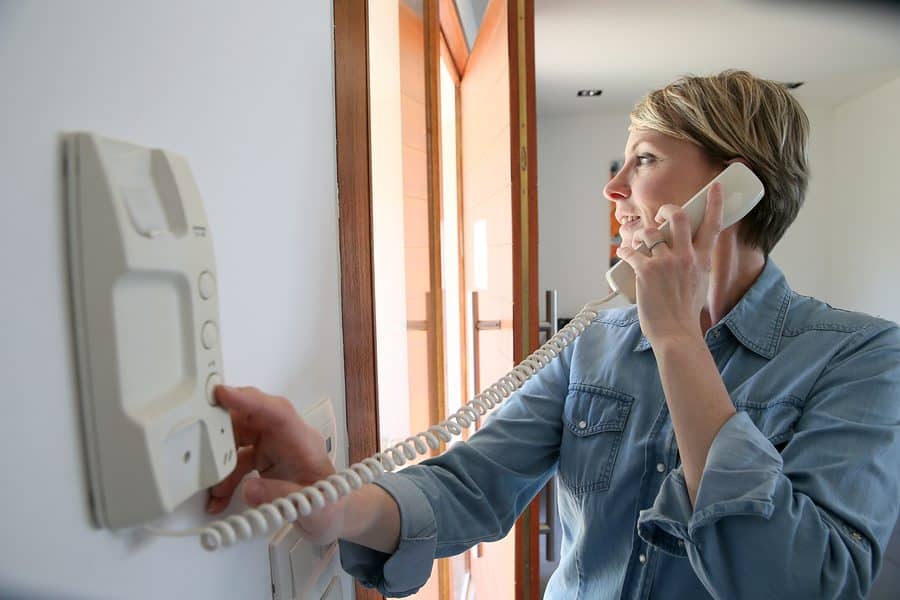If you live more than an hour away from your parent, you are considered a “long distance caregiver.” Of course, there is a tremendous difference in how you can contribute to your parent’s care if you live one hour away or five-plus hours away. There are, however, specific needs that often need to be addressed when you visit your parents and others that will need to be delegated.

Here are some helpful tips for what has worked for others in your situation…
-Plan Ahead-
If it’s possible, schedule your visits on a regular basis, whether once a week or once a month. Consistency and routine can make a big difference to your parent who is probably going through the many changes that aging brings. Make a plan ahead of time regarding specific tasks that need to be completed. Speak with your parents and, if they have one, their primary family caregiver, to help you determine what needs to be accomplished.
Just a few things to consider: transportation needs, stocking up on groceries and household items, housekeeping, advanced meal preparation, scheduling and attending health care appointments, and providing respite care for the primary family caregiver. And, of course, don’t forget the most important part of the trip: spending quality time with your loved one doing the things you both truly enjoy. These are the times to make the memories that you both will hold dear.
-Designate-
In order to make the most of your visits, you will need to designate some of the many tasks to others so that your weekend is not filled to the brim with chores and there is no time left for socializing. Throw your net wide. Check with family, friends, neighbors and community members.
If your parent okays it, give their key to a trusted neighbor and ask them to check up on your parent on specified days. Consider obtaining the services of a home care provider who can assist with the everyday tasks such as light housekeeping, meal preparation, transportation, running errands such as grocery shopping, and helping with daily hygiene such as bathing and dressing, if your parent requires it. There are also several services in many communities designed with seniors in mind. If your loved one is fortunate to have a senior community center in their area, they can be a wealth of information. This includes volunteer transportation services for homebound seniors, meal delivery services, and community programs that can help your loved one remain socially engaged.
-Investigate-
Without being overly obvious, you will need to make sure your loved one is still doing what needs to be done to stay healthy and maintain a good quality of life. If they currently have a full-time family caregiver or home care provider, these specifics have already been covered.
If not, take a peek at their grocery items to ensure that they are throwing away any past-dated items, look at medication to ensure it’s being taken and is up-to-date, check to make sure that bills are getting paid and basic household chores are getting accomplished.
-Do they seem to be eating on a regular basis and keeping up on their personal hygiene?
-Are they socially engaged?
If they drive, make time every few months to ride as a passenger in order to make sure that they are still driving safely. And after you’ve returned home from your whirlwind visit, remember to stay in touch. Weekly or every few day video chats with your parents are a wonderful way to keep in contact.
If you or an aging loved-one are considering home care services in Berkeley, CA, call the caring staff at Aviva In-Home Care. Call today: (415) 795-2203
- Do You Need Help with Personal Care for Your Senior? - September 16, 2019
- Causes and Risk Factors for Shingles in the Elderly - September 12, 2019
- Five Reasons Your Senior Might Need a Daily Routine - September 5, 2019




